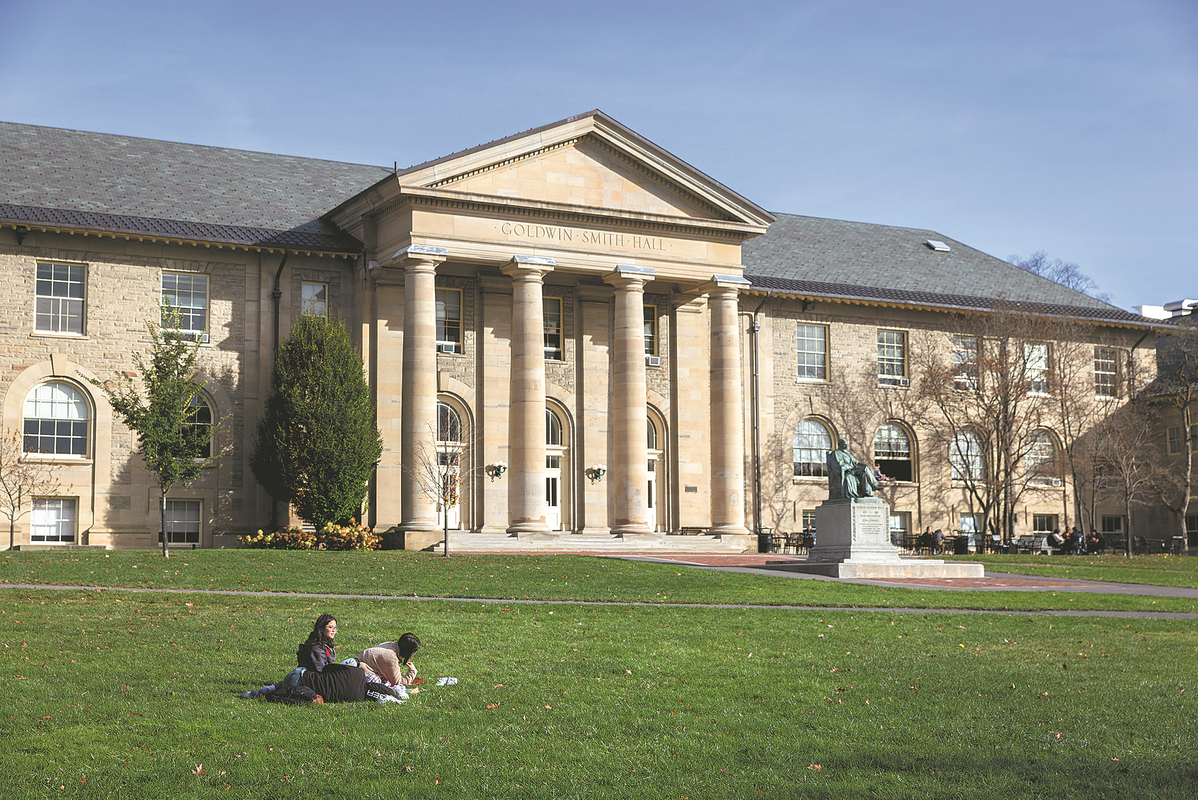US university presidents facing tough scrutiny
Resignations thrust leadership of schools into national spotlight


The resignations of the presidents of Harvard University and the University of Pennsylvania in January and December, respectively, were just the start, US education experts warned.
Scrutiny and resignation pressure might take their toll on other such presidents, they said.
It didn't take long to see who might be next — Martha Pollack, president of Cornell University in upstate New York.
In a letter to the Cornell Board of Trustees on Jan 23, Jon Lindseth, trustee emeritus and major benefactor of the school, said he was withdrawing his funding.
Lindseth also called for the resignation of Pollack, accusing her of mishandling diversity, equity and inclusion, or DEI, initiatives and promoting "groupthink" at the private school.
Nicolo, a freshman majoring in economics at Cornell, said the atmosphere among fellow students at the school, where about 26,000 undergraduate and postgraduate students are enrolled, is to "wait and see what the board of trustees will do".
"We just don't know," said the student from New York City, who asked that his last name not be used and declined to comment on the accusations leveled at Pollack by Lindseth.
The call for Pollack's resignation comes as leadership of US higher educational institutions was thrust into the national spotlight following the resignations last month of Claudine Gay at Harvard and Liz Magill at the University of Pennsylvania in December.
With these resignations, the issues of plagiarism and antisemitism — along with the influence of wealthy donors — moved into the spotlight on college campuses and in the offices of those who lead them.
Gay, a political scientist, became Harvard's first black president and also president of the oldest US college with the shortest tenure — of just over six months.


















